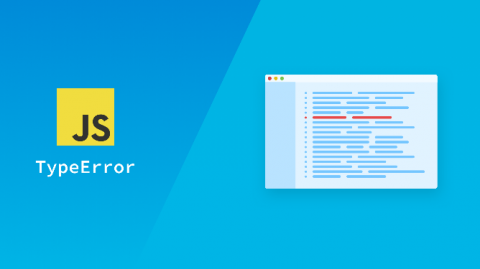On Hermes and Mattermost
With the upgrade to React Native 61 came the prospect of substantially improving performance of our Android app. How? Through the use of Hermes, Facebook’s new JavaScript engine. To say that we were excited is an understatement. And with that excitement came curiosity: How is this new JavaScript engine achieving performance boosts?











